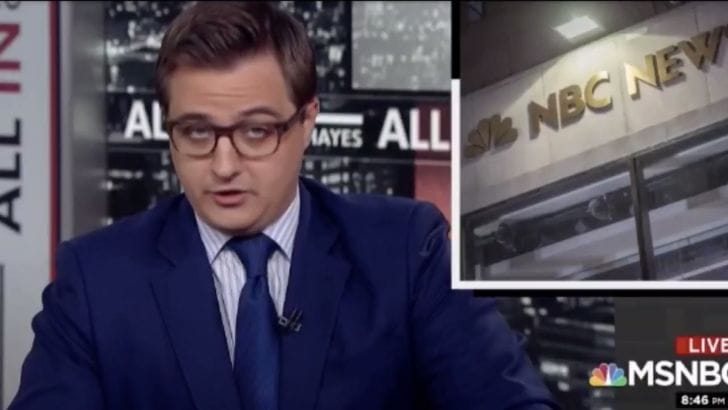China, the NBA, and Silence
Payments from China come with strings attached, and some appear out of nowhere

The National Basketball Association (NBA) now knows what we know — money from China comes with conditions. In this case, the condition is that NBA executives can’t say what they think without consequences for their business in China.
It all began on October 4 when Houston Rockets GM Daryl Morey tweeted, “Fight for Freedom. Stand with Hong Kong” from his personal account. China cried foul swiftly and vigorously, denouncing the tweet and putting penalties in place. The possible consequences, according to CBS Sports?
- The Rockets could potentially lose $25 million in sponsorship boycotts due to Morey’s tweet, as reported by Marc Stein of The New York Times on Saturday.
- An NBA Cares event with Nets players in Shanghai was also canceled by the Chinese board of education.
- Sportswear brand Anta, which works with players like Klay Thompson and Gordon Hayward, announced it would suspend contract renewal talks with the NBA, according to Reuters.
- Per Keith Smith of Yahoo Sports, several NBA teams are planning “for a scenario in which the [salary] cap for the 2020-21 season could drop 10-15% due to the current situation between the NBA and China.”
- The Lakers-Nets exhibition game in Shanghai took place Thursday; however, it was played without sponsors, and media sessions for both teams were canceled, as reported by Rachel Nichols of ESPN.
- The Chinese Basketball Association has canceled planned exhibition games with the NBA G League affiliates of both the Rockets and Mavericks later this month in China, according to Shams Charania of The Athletic.
- Tencent, the NBA’s exclusive digital partner in China, announced it will suspend business relations with the Rockets. The company is offering fans who bought a team-pass to watch the Rockets this season a chance to choose a different team.
- Sportswear brand Li-Ning, which sponsors a handful of NBA players, announced that it would suspend business ties with the league.
- Chinese state television CCTV said it would no longer air the Rockets’ preseason games in China.
- The Rockets logo on the basketball arena where exhibition games were scheduled was vandalized and ultimately taken down.
This certainly isn’t new behavior for China, which controls its media and “the Great Firewall” assiduously. I wrote back in the early weeks of the Scholarly Kitchen about China censoring YouTube over issues with Tibet in 2008. Since then, China has censored Cambridge University Press and others, has forced Google and Facebook to toe the line, and has ramped up its misinformation campaigns regionally and potentially globally — these things take time to detect.
Tencent, the Chinese conglomerate mentioned above, acquired Academia.edu earlier this year, you might also recall.
China is the biggest story in scholarly publishing, generating more papers than any other nation and presenting a potentially lucrative market. More specifically, China is producing the most research in the cutting-edge areas of scientific research — batteries, materials, cancer treatments, and biotech. This is all part of Beijing’s “Made in China 2025” plan, which is to some extent a response to a potential trade war with the US, while reflecting the continued trajectory China must take to fulfill the expectations of its increasingly affluent citizenry.
Citations are also moving to China, with researchers earlier this year noting:
Chinese researchers are increasingly citing work from other Chinese researchers. This has resulted in an increase in country self-citations from around 30% in the 1980s to 47% in 2015. China’s self-citations as a share of total citations surpassed that of the US in 1999 and is now greater than the US self-citations by 10 percentage points.
As I wrote in January, noting that China is the biggest strategic variable facing publishers long-term:
Long gone are the days of China being part of BRIC, or a strategic toy for US and EU companies. China has left Brazil, Russia, and India in the dust, and is an economic and scientific superpower in its own right. Its government plays for keeps, and plays a long game. China must be treated with respect, while posing unique dangers to liberal democracies and institutions that rely on that framework to flourish — free-thinking academia, for example.
With more information distribution potential, a code of silence is emerging farther upstream, from the US government throttling scientific speech and research reporting to politicians dodging responsibility when questioned about clearly unethical behavior by their leaders.
This is summed up nicely in the video below, which I have to present via tweet since it’s so fresh (and I hope it works for you — I couldn’t test it before sending this out):
The Internet is a great tool for authoritarian regimes, and here is another example — one country stifling speech in another using international commerce. But our culture is also engaged in a similar struggle — for information, accountability, and integrity.
It’s a whole new game.